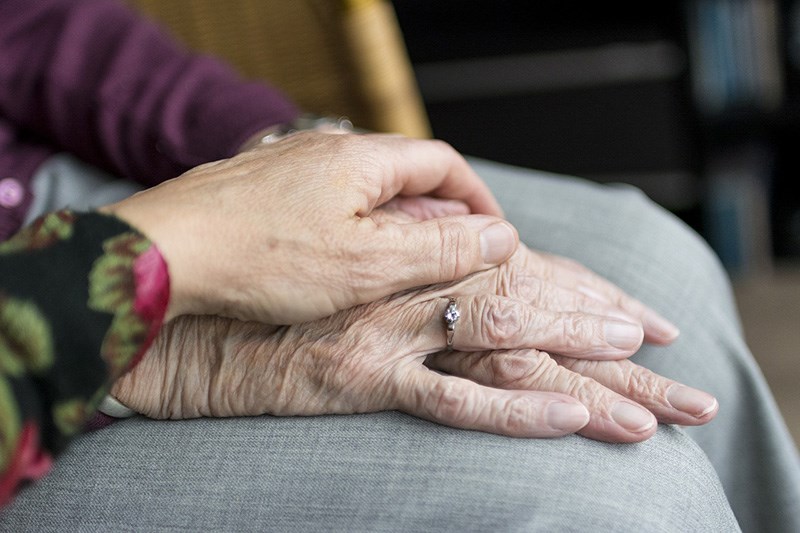Tri-City residents receiving home care services may see changes in their providers over the coming months. But the goal is to improve services, not to reduce them, says Fraser Health.
Today, March 13, the province announced that Fraser Health and Vancouver Coastal Health would shift to in-house delivery for the majority of the home support services they provide.
That means private contractors that deliver the services will be phased out over the next 12 months as contracts begin to expire.
Under the current system, home support is provided by community health care workers contracted by the health authority. They visit clients unable to take care of themselves on their own. By helping out with daily tasks such as bathing and dressing, home support workers allow elderly or frail clients a somewhat independent life and take some of the burden off family.
The transition comes on the heels of an announcement by Health Minister Adrian Dix to roll out a pilot plan in the Tri-Cities where health care will form “primary care teams” to improve care for patients.
“We believe making this thoughtful and deliberate change will result in better services for our clients and better experiences for our employees,” stated Dr. Victoria Lee, president and CEO of Fraser Health in a press release.
The transition has sparked immediate condemnation from the B.C. Care Providers Association, which represents the private sector organizations, and say the move amounts to a “government expropriation” of jobs.
In an interview with The Tri-City News, CEO Daniel Fontaine said the association was not consulted about the change and that he has seen no evidence the switch will improve home care services.
“I’m perplexed that given the government’s own satisfaction ratings when they go out to survey seniors. [It’s] very high. I think it’s about 93% satisfaction,” Fontaine said, adding that there is no evidence that the transition to an in-house model will be more efficient.
However, the press release from the regional health authorities state that the decision to transition to an in-house model was taken after an audit of both private and non-profit home support providers.
“Health authorities have accountability for prudent management of their resources and where issues come forward, they have a responsibility to address them. Both health authorities are now reviewing these issues with their respective contracted providers,” the press release states.
Each health authority will be working with their contracted providers over the next 12 months on a plan to transition home support services in-house.
According to the press release, the priority will be to ensure a seamless transition for home support clients and efforts will be made to collaborate with contracted providers to develop plans for transitioning employment opportunities for any active unionized staff who may be affected by the transition.
The health authorities will also be meeting with impacted workers and their unions to ensure they are fully engaged and informed about the transition plans. Fraser Health currently provides 37 per cent of home support services in-house, and will move to approximately 90 per cent, beginning that transition in the coming weeks with targeted completion in the next 12 months.
Fontaine said he will be meeting with member service providers as soon as possible.
“I’m calling upon the premier, I’m calling upon Andrew Weaver to put a pause on this process until adequate consultation has been completed.”
— with files from Stefan Labbé



